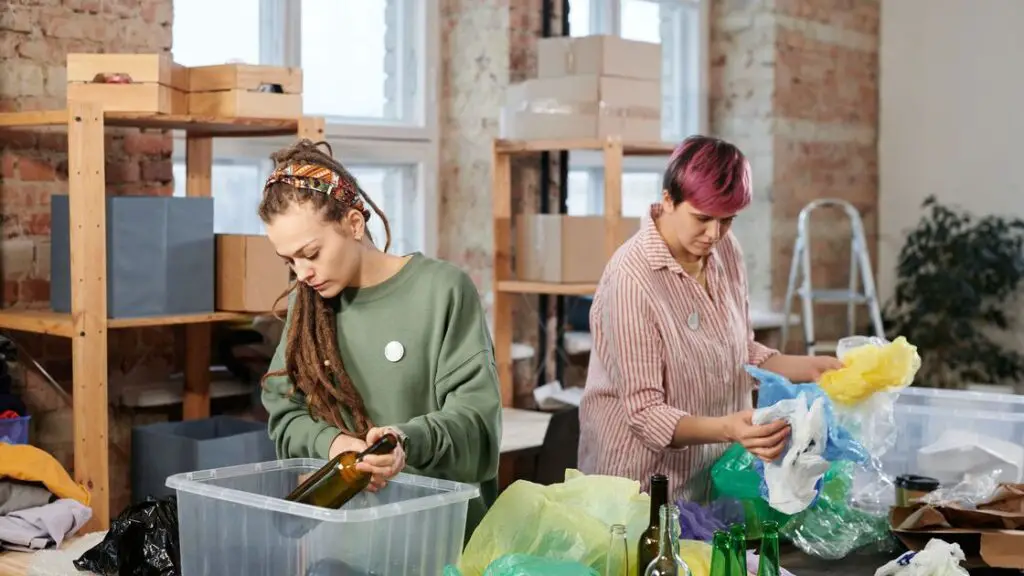How Young Professionals Can Bring Sustainability to Corporate Jobs?
The term young professionals is being used a lot nowadays in the corporate world. But does anyone know what it signifies? Or how can these young professionals help office jobs become more sustainable? Well, young professionals are people in the age group of 20-49. These individuals place a lot of emphasis on maintaining sustainability in […]
How Young Professionals Can Bring Sustainability to Corporate Jobs? Read More »



